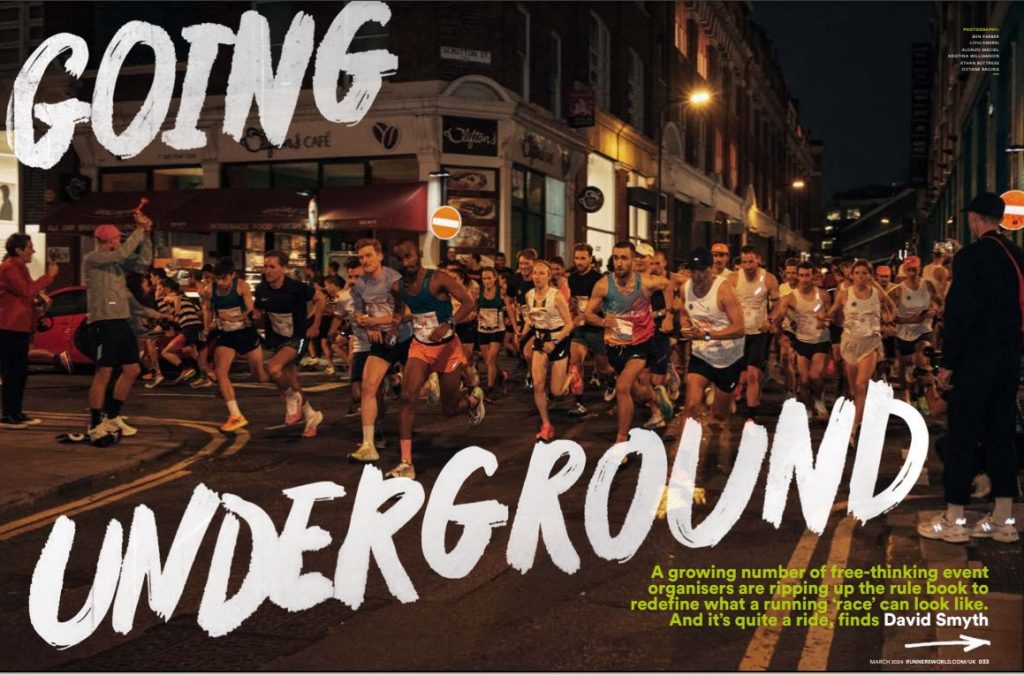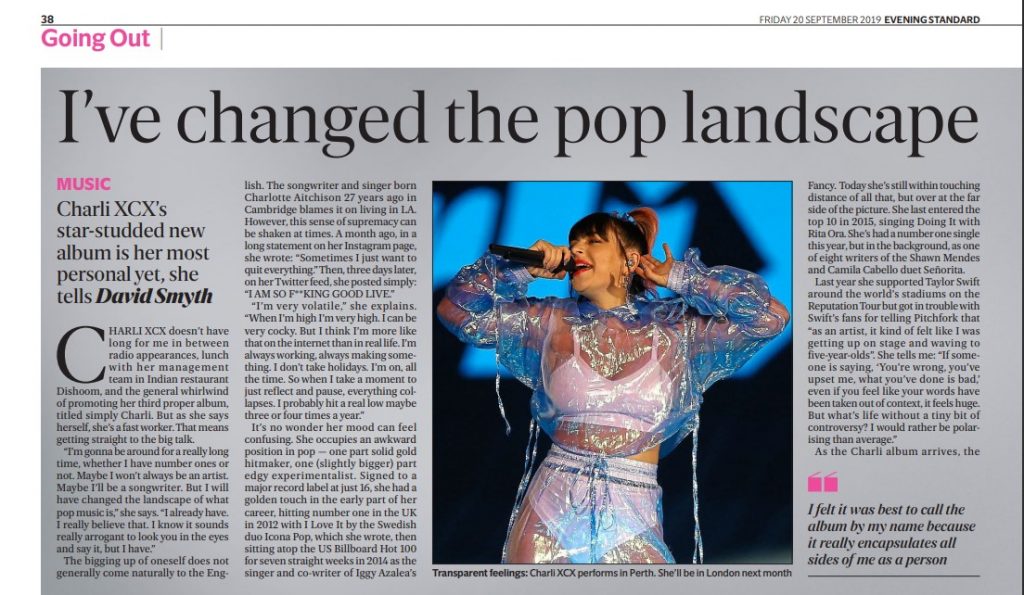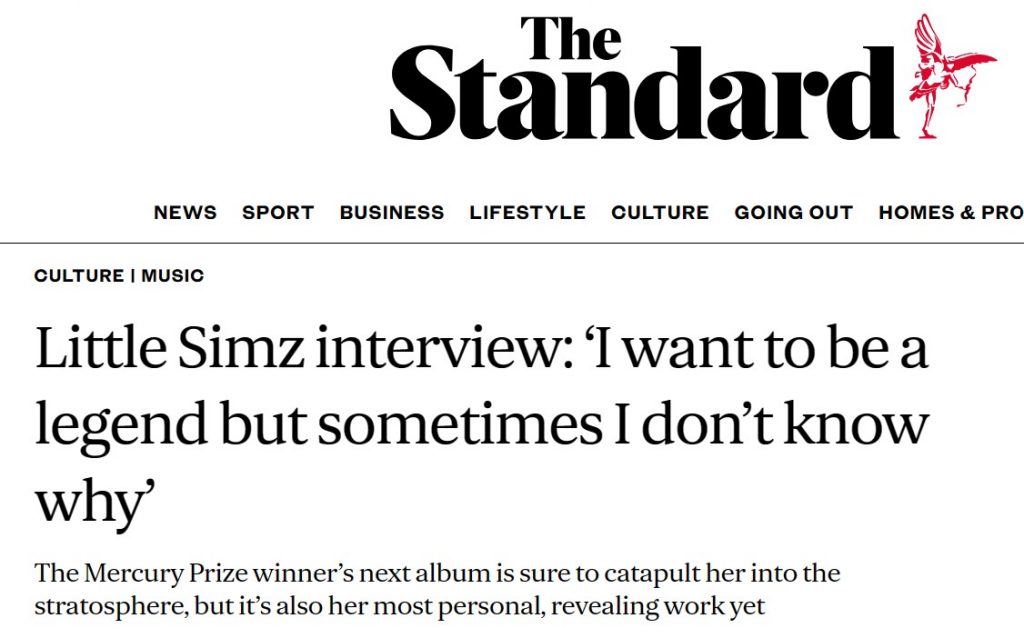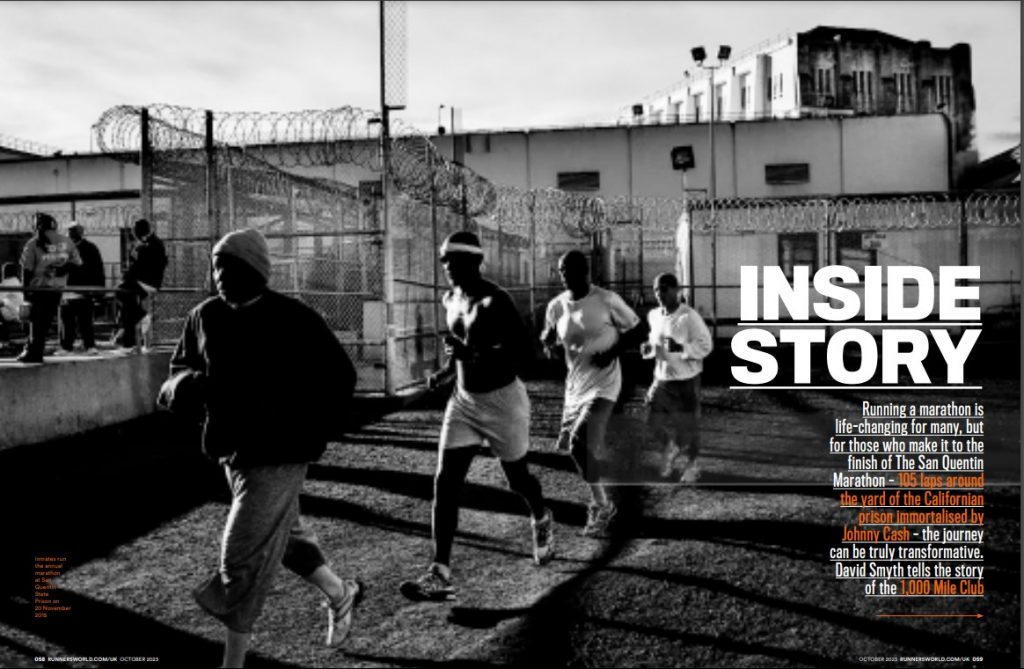“It’s been a horrible week but it’s been an amazing week,” says Josette Maskin of LA’s dark pop trio MUNA. The band have been so busy protesting the actions of their new President that today’s release of their debut album almost feels like an afterthought. “The Women’s March was inspiring, and the LAX protests have done so much for my heart,” she says of one of the many airport demonstrations against Donald Trump’s travel restrictions for Muslim-majority countries. “It means so much to see white Americans come out for causes that specifically support our non-white brothers and sisters. I would love to see a protest that big for Black Lives Matter.”
Guitarist Maskin, 22, producer-guitarist Naomi McPherson, 24 and singer Katie Gavin, 24, were political before they formed their band as friends at the University of Southern California. MUNA, which they write in capitals although it isn’t an acronym, is an Arabic word meaning a hope or a wish. As three women who identify as queer, naturally it formed a part of their musical identity too. “Our interest in being socially and politically aware came first. When you have a marginalised identity it doesn’t feel like you have a choice whether or not to speak up about it,” says McPherson.
All three attended the Women’s March in Downtown LA on January 21. McPherson made a sign that said: “BLACK POWER. QUEER POWER. GIRL POWER.” Maskin painted “PUSSY POWER” in red on her black T-shirt. They would have gone to LAX too but have been locked into rehearsals for a US tour that has just begun. Like the rest of us, they’re obliged to get on with their day job, but that doesn’t mean they’re switching off. “We try our hardest to stay as active as possible in whatever way we can,” says McPherson. “Just opening our mouths, talking to people, trying to reach out, build bridges and create empathy with whatever audience we might have.”
Not that they want their gigs to be lectures. At this tumultuous time, when this pop page can feel like a waste of paper given everything else that is going on, there ought to be a bit of space for escapism too, they insist. “I think this administration expects eventual fatigue from protestors,” McPherson continues, “so it’s also important that we take care of ourselves, take care of our emotional wellbeing, and know when to stop reading the news just for a few hours to centre yourself and appreciate being alive. A show of ours can be that for someone – even though we’ll probably talk about politics the entire time.”
If you do feel in need of some musical wellness therapy this week, MUNA’s song I Know a Place should do very nicely. On the surface, it’s a vibrant, hands-aloft Eighties pop anthem about safe spaces in the LGBTQ community – it’s about having a good old boogie, basically. Gavin sings: “It’s hard to love with a heart that’s hurting, but if you want to go out dancing, I know a place we can go where everyone’s gonna lay down their weapons.”
It’s the best pop song I’ve heard in ages. But it has a much bleaker undertone now, too. Before it was released, not long after the band had finished mixing it in the studio, Omar Mateen walked into Orlando’s gay nightclub Pulse, shot and killed 49 people and wounded 53 more. Gavin was invited to write about the song’s enforced new meaning in Time magazine: “We wrote our song to be the voice in your head that tells you to celebrate peace during wartime, because our battle is only just beginning, and one day our war really will be over,” she said.
“We had no idea how heavy the song was going to become for us,” Gavin tells me. “That makes me sad but it also makes me very thankful that we have it as a vessel for people. We want to start our shows with it. When we play live it has this special function of establishing the possibilities of the space and setting out our intentions.”
The rest of their album, About U, continues to mix energetic synthpop with more serious lyrical concerns. You might hear echoes of Depeche Mode in their mix of retro synths and guitars, or Imogen Heap in Gavin’s digitally manipulated vocals. It’s enjoyably hummable on one level, but there’s much more to it. Crying on the Bathroom Floor is about an abusive relationship. Loudspeaker, another big pop tune, is about refusing to bury feelings of shame. It was inspired by someone taking advantage of Gavin in a sexual situation. “Every time I don’t shut up, it’s revolution,” she sings.
“You might initially listen to us thinking this is cool pop music, and then you might get a message that you didn’t know you needed all along,” says Maskin. I wonder aloud why they didn’t form a punk band, when there’s so much for them to be angry about. “I think it’s helpful for the music not to sound angry, because who wants to be angry all the time? And who wants to be happy all the time either? I don’t like punk music as much as I like pop music – that’s just who I am,” says Gavin. “There’s a line in this protest song that’s popular to sing at vigils: ‘We are a gentle angry people and we’re singing for our lives.’ That resonates with me because I’m mad all the time but I’m not violent.”
When they arrived at university – Gavin from Chicago, McPherson from San Diego, and Maskin from down the road in LA – they began moving in the same circle of alternative types and didn’t realise they were forming a band when they first started jamming together. “We were just playing for fun because we were friends. Then we wrote a song and I thought, I guess this is the future now,” says McPherson.
“Everything else immediately fell into the background, it’s true,” adds Maskin. “We just immediately got lost in it and have been ever since. It’s kind of great. It’s very great.”
London will get its next chance to see the threesome in action soon on a tour still to be announced, probably in April. Or you might spot them on your next march, which will probably be even sooner, the way things are going. They’re a band for our turbulent times, doing what they can.
About U is released today on Columbia.










